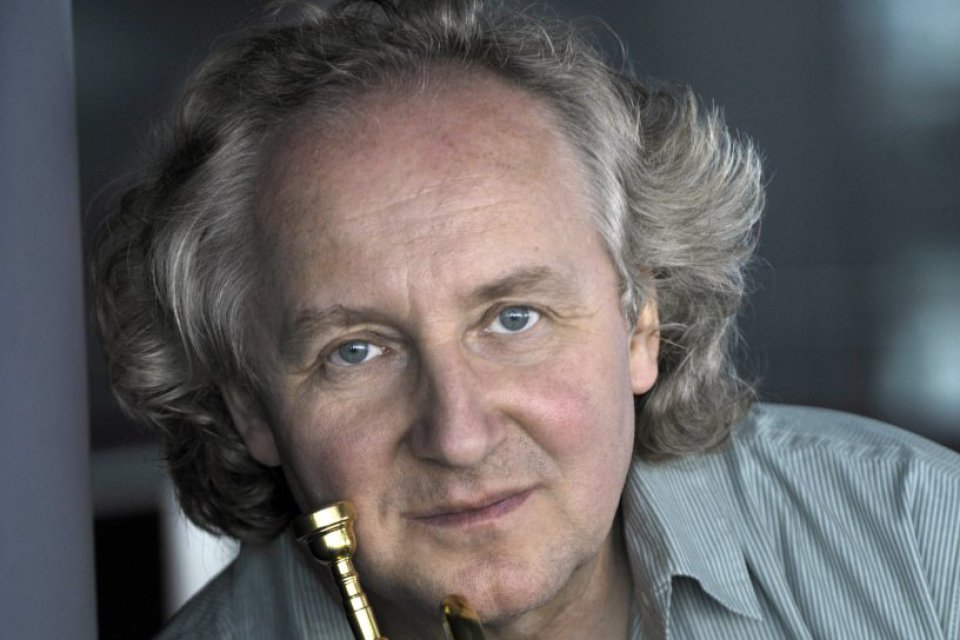 Add the event Thinking Music: The Creative Brain | The Israel Camerata Jerusalem and Prof. Rafael Malach to the calendar
Add the event Thinking Music: The Creative Brain | The Israel Camerata Jerusalem and Prof. Rafael Malach to the calendar
Thinking Music: The Creative Brain | The Israel Camerata Jerusalem and Prof. Rafael Malach
This meeting is part of the series that includes a conversation by researchers in various fields about the effects of music on the various aspects of our daily lives.
Creativity is the cornerstone in the evolution of the animal world and essential to development in all fields of life. Prof. Rafael Malach from the Department of Neuroscience at the Weizmann Institute of Science will present a model describing the processes of the brain that affect creativity capability, which will be demonstrated by the playing of works by the composers Haydn, Shostakovich, Anderson, Farhat, and Stravinsky.
Program:
Shostakovich | Largo, II. Allegro Moto – from the Chamber Symphony, Op. 110a.
Farhat | Fraters (Brothers)
Stravinsky | II. Arioso and III. Rondo – from Concerto in D Minor (Basle Concerto)
Haydn | II. Romance-Allegretto from Symphony no. 85 (La Reine)
Leroy Anderson | The Typewriter
Conductor: Avner Biron







